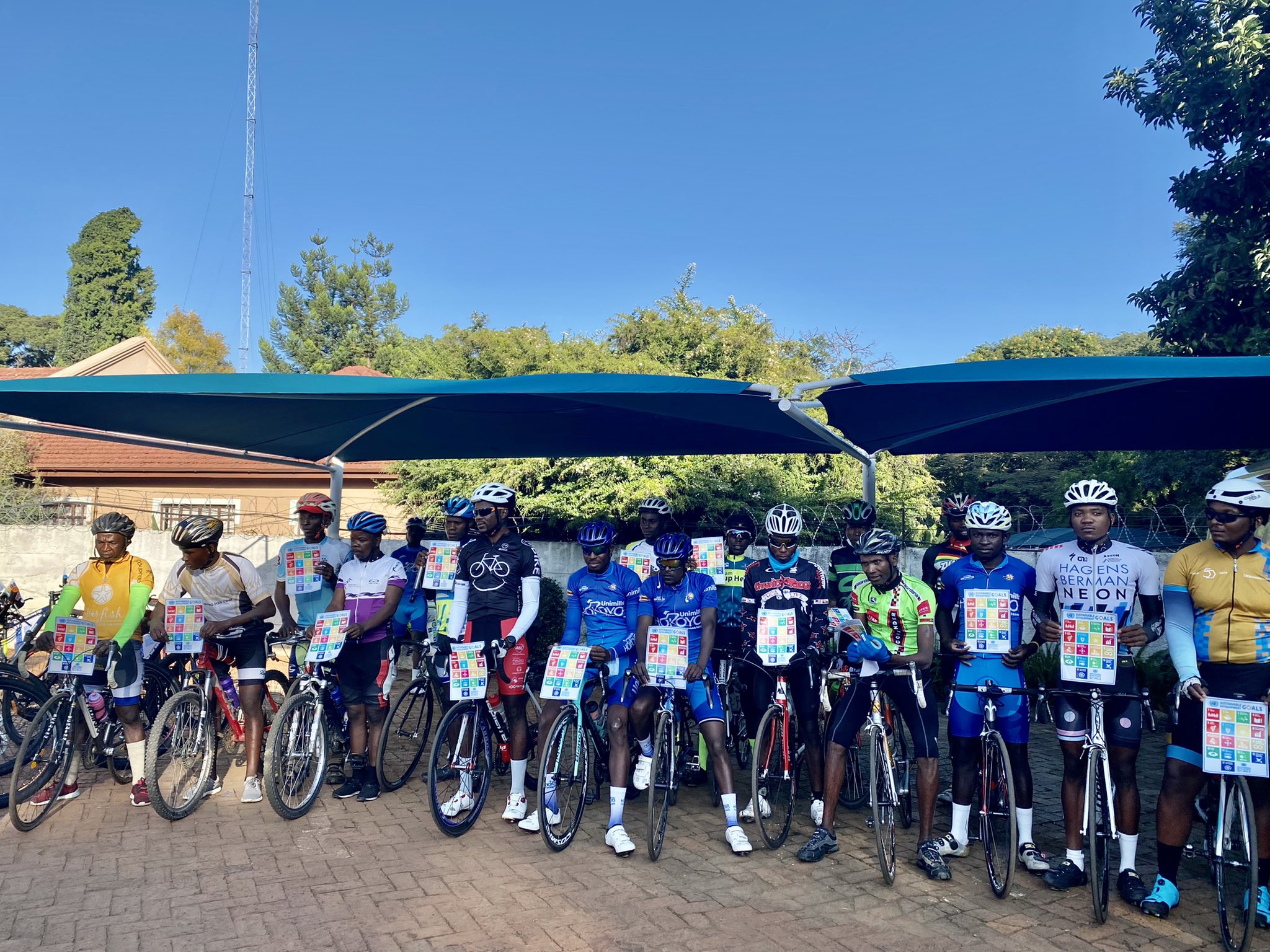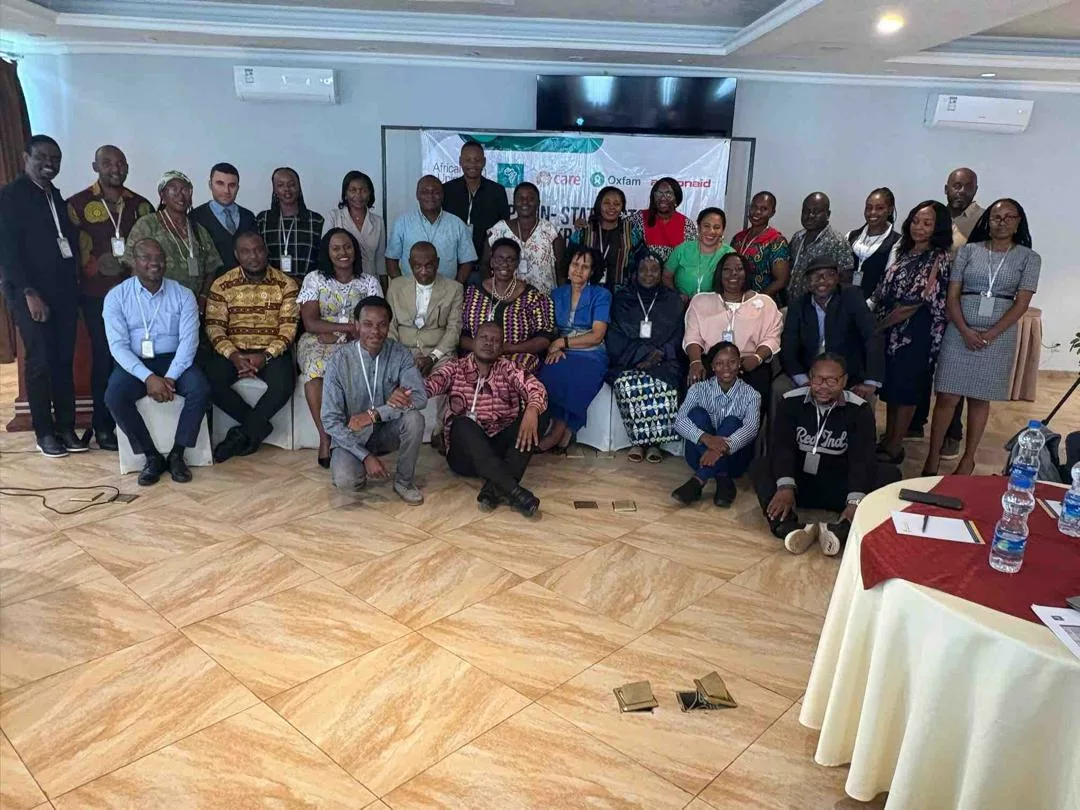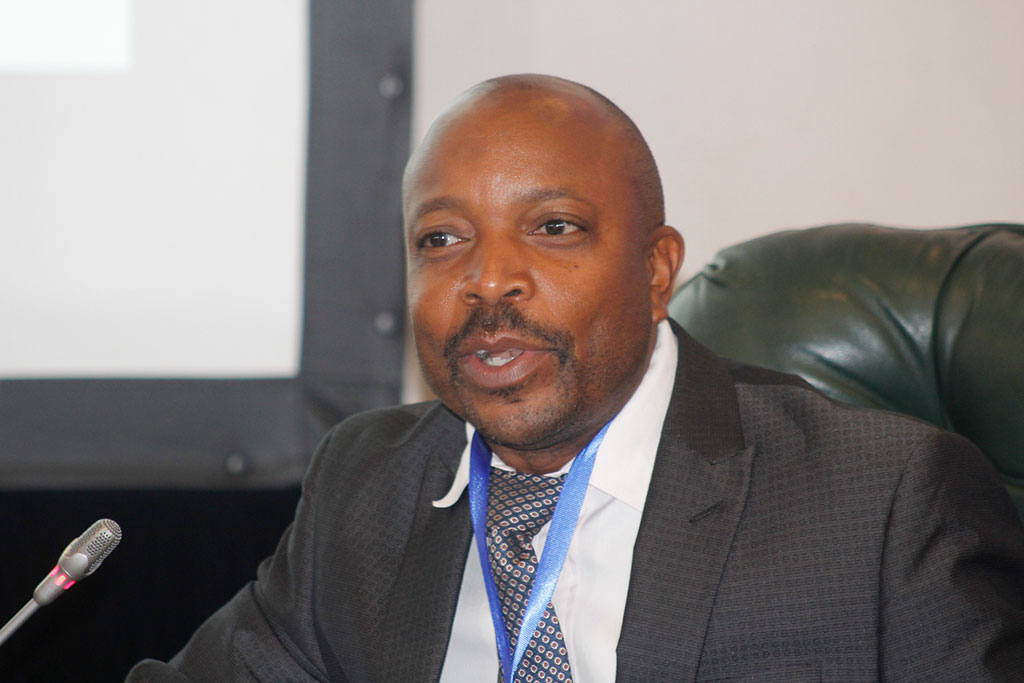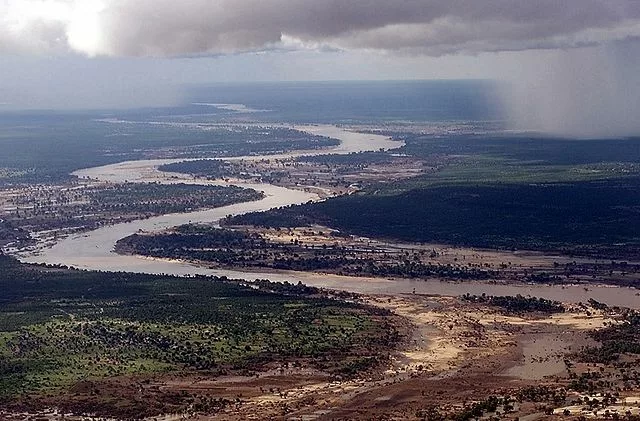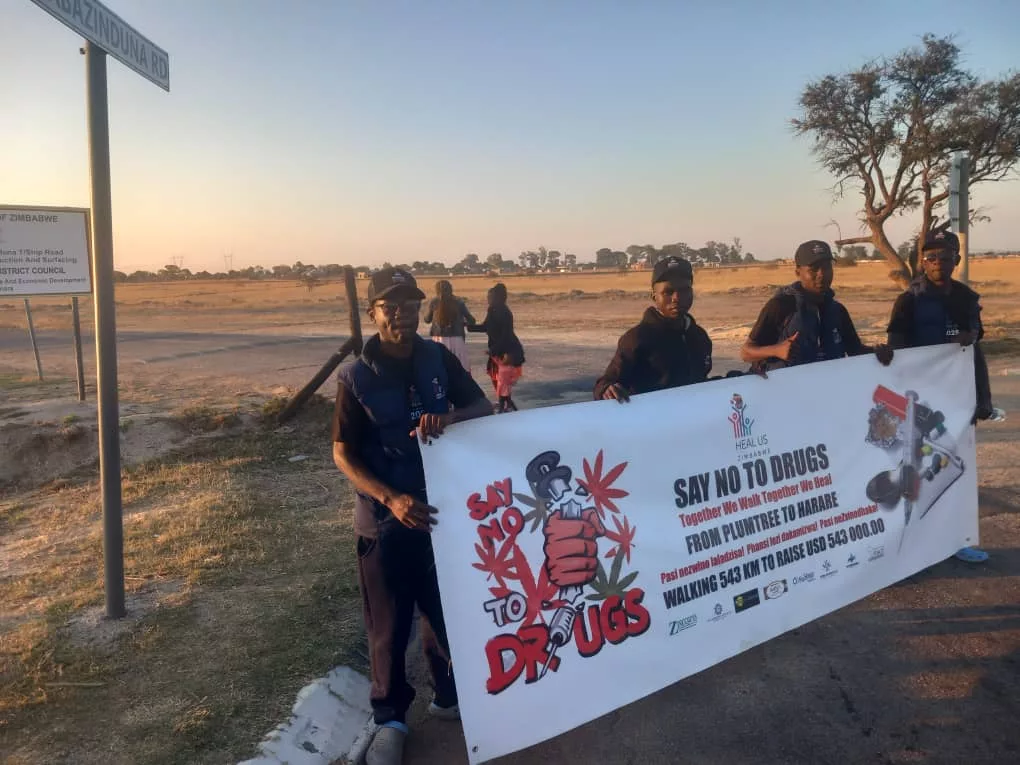|
Getting your Trinity Audio player ready...
|
Today, Saturday 7th May, 17 cyclists begin a two-day cycle to Mutare to raise awareness of the Sustainable Development Goals (SDGs) and rally Zimbabweans to own the 2030 Agenda and its 17 goals.
The 263 kilometres cycle will end in Mutare on Sunday, with the Launch of Cycling for SDGs covering the SADC Region.
The journey kicked off from the Embassy of the Republic of Malawi at the following address: 9/11 Duthie Road, Alexandra Park, Harare at 0700 today.
Government representatives, the current SADC Chair, the UN Resident Coordinator and heads of UN agencies, and Representatives of various Diplomatic missions attended the kick-off.
In Marondera, the Cyclists will take a break and mingle with the Marondera community and senior Government officials before proceeding to Rusape for the night.
They will arrive at Mutare Sports Club by 1110 hours on Sunday 8 May. This will be followed by the Launch of Cycling of SDGs SADC by the current SADC Chair, represented by His Excellency Ambassador Mwayiwawo M. Polepole.
His Excellency Edward Kallon, UN Resident and Humanitarian Coordinator for Zimbabwe applauded representatives of Government of the Republic of Zimbabwe, the Zimbabwe Commission of Sports, and Africa Speaks for making Zimbabwe the first to launch the SADC region Cycling for SDGs campaign.
He said the United Nations and its entities collaborating with various stakeholders in advancing the common agenda encapsulated in the 17 SDGs.
He said stakeholders should collaborate on the goals towards ending poverty, hunger, inequality and advancing health, quality education, water, energy, and decent jobs for all while protecting the environment.
The UN senior official said historically, the sport has played an important role in all societies, be it in the form of competitive sport, physical activity, or play.
Sporting competition is perceived increasingly as an ideal channel for nations, regions, and cities to share their identities, their merits and ‘brands’ with the rest of the world and to build their own national identity, solidarity and cohesion.
Also, sport can be used as a low-cost and high-impact tool in development, humanitarian, and peace-building efforts, not only by the UN system but also by governments, development agencies, sports federations, NGOs, and the media.
“In addition, sports have also been used as a diplomatic tool to open the door to peaceful dialogue and to defuse political tensions within and between nations. Take, for example, the “Ping-Pong Diplomacy” between the United States and the People’s Republic of China. After a series of visits to each country by each Country’s National Table Tennis teams, diplomatic relations between the two countries started to improve on the grounds of the shared interest in sport which led to economic cooperation.
“Here in the SADC region, South Africa, as it was breaking the divisive yoke of apartheid in the early 90s, the late President Nelson Mandela used Rugby to foster shared national pride and a symbol of the country’s unity,” Mr. Killon said.
United Nations and its various entities use sport as an innovative and efficient tool to advance the UN goals, missions, and values as articulated in the UN Charter and 2030 Agenda for Sustainable Development.
Through sports for sustainable development, the United Nations contributes to social development; encourages dialogue and mutual understanding as a means of conflict prevention; advances gender equality; fosters the inclusion of persons with disabilities, and promotes youth development and community role models.
The UN promotes the concept of sport for all, the idea that sport is a fundamental right and that everyone has a right to participate in sport with dignity and equality, regardless of race, class, gender, ability, or physical and social restraints.
Whether it be advocating for social inclusion, and equality, or developing community role models, sports have demonstrated that it can be a valuable tool in fostering positive social change and co-existence.
“I encourage Zimbabweans, as the 17 volunteer cyclists gathered here have done this morning, to come together to harness the power of sport to promote peace, and human rights, and advocate for sustainable development.
“I urge all stakeholders, to continue to work to integrate sport into national programmes and policies, specifically in the thematic areas of gender equality, the inclusion of persons with disabilities, social development, environmental protection, and in general as an advocacy tool for advancing sustainable development. I look forward to working with you and continuously build on the common ideals and values that we share for a better Zimbabwe, a better SADC, a better Africa, and a better world –that is peaceful, prosperous, and that no one gets left behind,” Mr. kallon added.


